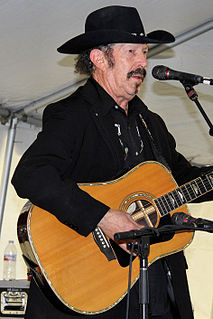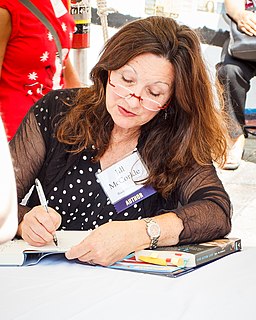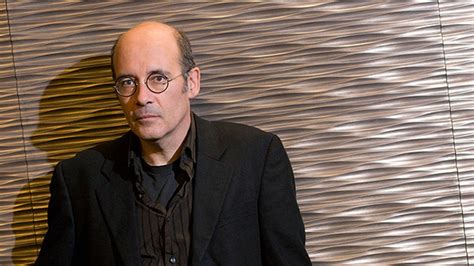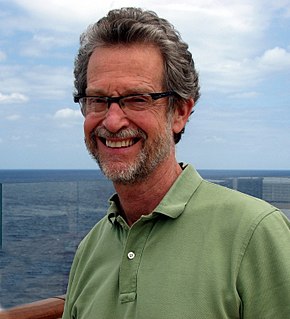A Quote by Kinky Friedman
There's a fine line between fiction and non-fiction and I think I snorted it somewhere in 1979
Related Quotes
A fine memoir is to a fine novel as a well-wrought blanket is to a fancifully embroidered patchwork quilt. The memoir, a logical creation, dissects and dignifies reality. Fiction, wholly extravagant, magnifies it and gives it moral shape. Fiction has no practical purpose. Fiction, after all, is art.
Literary science fiction is a very, very narrow band of the publishing business. I love science fiction in more of a pop-culture sense. And by the way, the line between science fiction and reality has blurred a lot in my life doing deep ocean expeditions and working on actual space projects and so on. So I tend to be more fascinated by the reality of the science-fiction world in which we live.
There's a fine line between imagination and reality. An inventor dreams something up, and pretty soon, it's there on the table before him. A science-fiction writer envisions another world, and then some space probe finds it. If you believe in something strongly enough, I think you can make it happen.






































